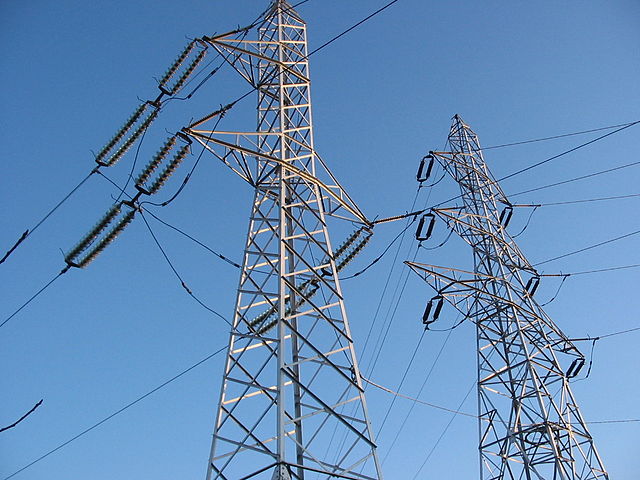Although markets have bounced back from December’s lows, I believe investors should still be cautious.
Today’s action has all the blueprints of a bear market rally. There’s still plenty of economic uncertainty out there here in Canada. The Bank of Canada confirmed this last week when Governor Stephen Poloz announced the central bank would not be raising interest rates.
If markets do take another dip, you’ll want to own low-beta stocks like some of Canada’s largest utilities. Let’s take a look at two of the best: Fortis (TSX:FTS)(NYSE:FTS) and Algonquin Power and Utilities (TSX:AQN)(NYSE:AQN). Should you buy one over the other today?
Asset base
Both Fortis and Algonquin have come a long way from their roots.
Let’s start with Fortis. The company owns electricity infrastructure, natural gas pipeline, and assorted power-generation assets in Canada, the United States, and the Caribbean. In Canada, it has power assets in Newfoundland, Prince Edward Island, Ontario, Alberta, and British Columbia. It also owns natural gas assets in British Columbia. U.S. assets are power and natural gas infrastructure in New York state and natural gas assets across the Midwest. In total, the company has two million electricity customers and 1.3 million natural gas customers.
Algonquin has some Canadian assets, but it’s much more focused on the United States. The company has approximately 750,000 power, natural gas, and water utility customers. These utility operations are spread throughout the United States. It also has a substantial power-generation business in Canada and the United States.
The major difference between the two is Algonquin’s much larger exposure to the power-generation business. Both of these companies have focused on accumulating assets in regulated markets, which results in far more predictable cash flows versus unregulated jurisdictions.
Growth potential
Both of these companies have been growth-by-acquisition stories over the last decade. Fortis has gone from a Canadian giant to an international player, while Algonquin has made many smaller acquisitions to grow its asset base.
Ultimately, Algonquin has the better growth potential for a couple of reasons. It has two major growth avenues — acquiring utilities and buying power plants — while Fortis is more concentrated on the utility side of the business. Algonquin is also more willing to invest in power plants across new jurisdictions, while Fortis mostly stays where it has utility operations.
Valuation
Let’s start with Fortis. Shares currently trade hands at $45.42 each, while trailing earnings came in at $2.29/share. That gives us a trailing P/E ratio of 19.8. Analysts predict earnings will rise in 2019; they have a consensus forward P/E ratio of 17.
Algonquin has much higher depreciation costs than Fortis, so it posts much lower net earnings. The company earned US$0.40 per share over its last 12 months. That works out to approximately $0.53 per share in Canadian dollars, giving the stock a P/E ratio of 26.6.
Analysts give Algonquin a forward P/E ratio of just under 16 times — a number that measures adjusted earnings.
Algonquin gets the nod here, although neither stock is particularly expensive today.
Dividend health
Both Fortis and Algonquin are among the best Canadian dividend-growth stocks. Both have a demonstrated history of growing their payouts.
Let’s start with Fortis. The company has hiked its dividend annually since 1973. Shares currently yield 3.9% and have a payout ratio of approximately 79%. This is in line with the company’s historical averages.
Fortis has told investors it plans to grow its payout by approximately 6% over the next five years.
Algonquin has a much better current yield; shares currently pay a 4.8% dividend. The company judges the affordability of its dividend based on adjusted earnings. The current payout ratio comes in at 71%, which gives it a slight edge on that metric. Algonquin hasn’t told investors what they can expect for dividend growth going forward, but the company has grown the payout by more than 10% annually over the last decade.
The bottom line
Both Fortis and Algonquin seem poised to be solid long-term investments. Each own a nice slate of assets with built-in inflation protection, and there’s plenty of opportunity for both to continue making growth acquisitions.
If I were forced to choose one over the other, it would be Algonquin. I like the company’s better growth potential, its higher current yield, and better valuation today.








